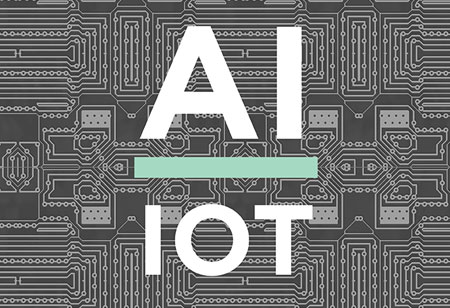THANK YOU FOR SUBSCRIBING
Blockchain-based Agricultural Products Traceability App Hits Chinese Food Markets
One of China’s food markets has implemented an agricultural product traceability platform based solely on the blockchain, AI, big data, and cloud computing

By
Apac CIOOutlook | Tuesday, April 14, 2020
Stay ahead of the industry with exclusive feature stories on the top companies, expert insights and the latest news delivered straight to your inbox. Subscribe today.
One of China’s food markets has implemented an agricultural product traceability platform based solely on the blockchain, AI, big data, and cloud computing
Fremont, CA: One of the regional supervisors of China’s food markets has launched an agricultural product traceability platform that is primarily based on blockchain, along with AI, big data, and cloud computing. The Guangzhou Municipality’s Market Supervision Bureau uses this platform for monitoring the flow of food products and enables efficient market control for the administration to guarantee food safety.
The capital of Guangdong province, China, had previously reported several instances of food safety violations. Eventhough the food supervisors stringent watch on the markets, it was not physically possible to verify if the quality of food products followed the measures correctly. At present, the food traceability platform covers a total of 8018 businesses in 90 agricultural markets, all across the city.
The traceability platform aggregates production data, including farm-related details such as farmer information, method, and time of the harvest. The next step in the process is to record the inspection and certification details of the agricultural produce.
“This set of traceability system uses blockchain technology to upload information such as market access, daily inspection and supervision, law enforcement by merchants, market operators, and regulatory authorities to the blockchain,” a representative of the Guangzhou Municipal Market Supervision Bureau told RFID World. “The data automatically generates an electronic label, which is equivalent to the data uploaded by each principal responsible person’s official seal.”
The blockchain food traceability platform focuses on improving food safety in all regions of the city by working together with market operators, merchants, and traders. It also works alongside regulatory authorities and consumers. The blockchain acts as an immutable ledger in the production and inspection of agricultural produce.
AI technology also plays a vital role in verifying the authenticity of bills submitted by traders and market operators. If any anomalies are detected, food supervisors will be immediately notified to conduct further inspections.
The report suggests that 95 percent of traders and other participants record their activities daily, while five percent of the gross daily bills were identified to have errors and abnormalities. As of now, more than 8000 merchants are using the platform, recording almost 708,000 purchase orders and 4 million sales orders.
Remote supervisions of food products sold in Guangzhou markets are enabled by blockchain, ensuring that no inferior products reach the shelves. The blockchain traceability system facilitates easy retrieval of products as well. Consumers can view traceability information such as sales documentation, stall qualifications, sampling information, and regulatory records with the blockchain solution. Consumers can file complaints against merchants and sellers via the platform and also avail assistance to protect their consumer rights through an online process.
See also: Top Cloud Consulting/Services Companies





